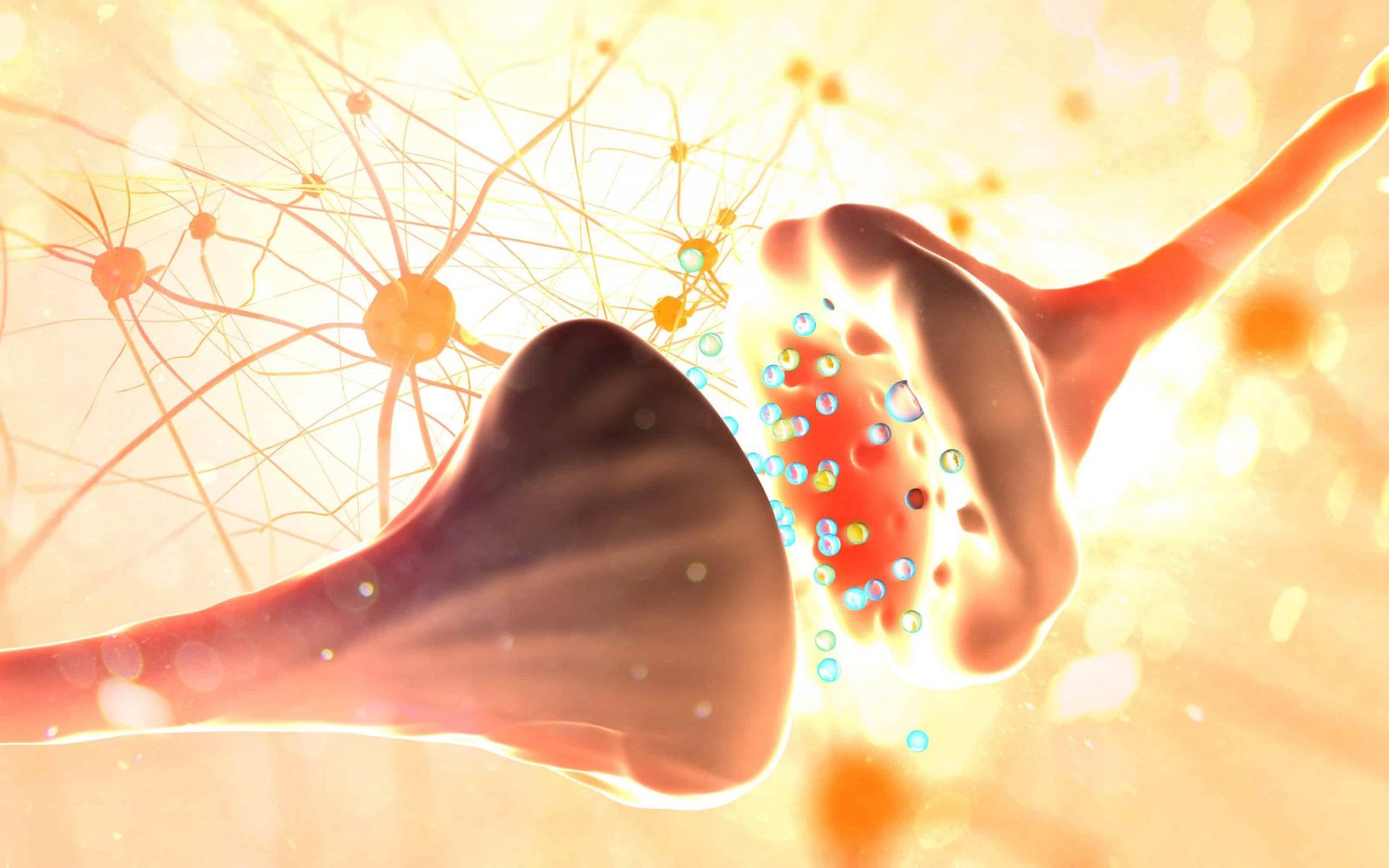Hormone Therapy – Naturally Regulating Hormone Balance
Hormone therapy is an important component in our daily practice, as the influence of hormones on our overall regulation is enormous. Our hormonal system represents one of the most important, fundamental regulatory systems of our body and is closely intertwined with the immune and nervous systems.
For this reason, a disturbance in the hormonal system has enormous consequences for health and well-being and can also be the cause of other diseases that require treatment.
The symptoms of a hormonal disorder are diverse and are often not readily associated with a hormonal imbalance:
- Fatigue Syndrome
- Overweight
- Dementia
- Stress
- Burnout
- Diabetes
- Depression
- Anxiety
- Insomnia
- Fibromyalgia and many more
Every woman experiencing menstrual problems or menopause knows how burdensome the pain, emotional rollercoasters, hot flashes, night sweats, etc., can be, how disruptive all of this can be in daily life, and how these changes can affect the entire organism.
Approximately one third of all women with menopausal symptoms suffer so severely that hormone therapy becomes necessary.
Hormone Therapy – in Men?
Hormonal changes also play a role in men, although these often do not proceed as dramatically. Symptoms such as weight gain, muscle weakness, decreased performance, loss of drive, chronic fatigue, night sweats, sleep disorders, loss of libido, erectile dysfunction, depressive mood, irritability, and cognitive and memory impairments can occur.
However, there are also other causes of hormonal disorders that can occur regardless of age and gender:
- Hypothyroidism
- Adrenal insufficiency
- Stress, sensory overload
- Insufficient supply of micronutrients
- Acute or chronic infections
- Environmental toxins
Hormone Therapy – Causes of Imbalances
Many hormonal disorders are characterized by an imbalance of individual hormones. Progesterone and estrogen are antagonists in our hormonal system and should normally be in balance.
Often, an imbalance of the two hormones already exists between the ages of 30 and 40. The so-called “estrogen dominance” describes the frequent and diverse problems women face particularly during these years.
Consequences often include:
- Cysts in the breast and ovaries
- Uterine fibroids
- Heavy and prolonged menstrual bleeding
- Breast tenderness
- PMS
- Bladder problems and
- Mood swings.
Estrogen dominance can, for example, lead to an indirect hypothyroidism. A lack of estrogen, in turn, can lead to recurrent urinary tract infections, which is an everyday reality for many women in menopause. These two examples alone show how complex the hormonal system is and how important balance can be for well-being.
An indication for hormone therapy may exist for the following symptoms:
- Menopausal symptoms in women
- Male menopause
- Sexual dysfunctions
- Menstrual problems, PMS, breast tenderness
- Osteoporosis prevention
Hormone Replacement
For many women, therapy with synthetic hormones is associated with fears, as the side effects of this therapy are becoming increasingly apparent, and the fear of increased rates of breast cancer, heart attacks, and strokes is prevalent among most women.
The advantage of bioidentical hormones: These are completely identical in their biological structure to those produced by the body itself and are therefore not identified as foreign by the body.
Hormone Therapy – Diagnostics and Treatment
To be able to specifically treat potential hormonal disorders, we begin with a
detailed anamnesis
and targeted diagnostics of the
hormonal balance
. Fundamentally, we only treat where deficits and disturbances in well-being can actually be demonstrated.
These laboratory tests can be performed using saliva tests, urine, and blood. In recent years, saliva testing has proven to be the most reliable, so we prefer to use it alongside blood samples.
Once the results are available, we discuss the first therapeutic steps together. In doing so, we consider the entire overall picture and clarify what further measures may be helpful.
To achieve a healthy balance of the hormonal system, as well as the entire organism, holistic approaches are necessary. Dietary changes, a healthy lifestyle, psychological stabilization, and sufficient sleep are equally important. Supplementary therapy in the field of orthomolecular medicine is also part of hormone therapy.
If you have your lab results, you can use this hormone calculator to estimate whether estrogen dominance may be present.
Good ratio during therapy
Estradiol : Progesterone = 1 : 200 – 300
Testosterone : Estradiol : Progesterone = 3 : 1 : 200 – 300 (measured in saliva)
Estradiol : Testosterone = 1 : 3 – 6 (women) 1:10 (men)
For the correct assessment of thyroid hormone regulation, you will find a suitable calculator here.

